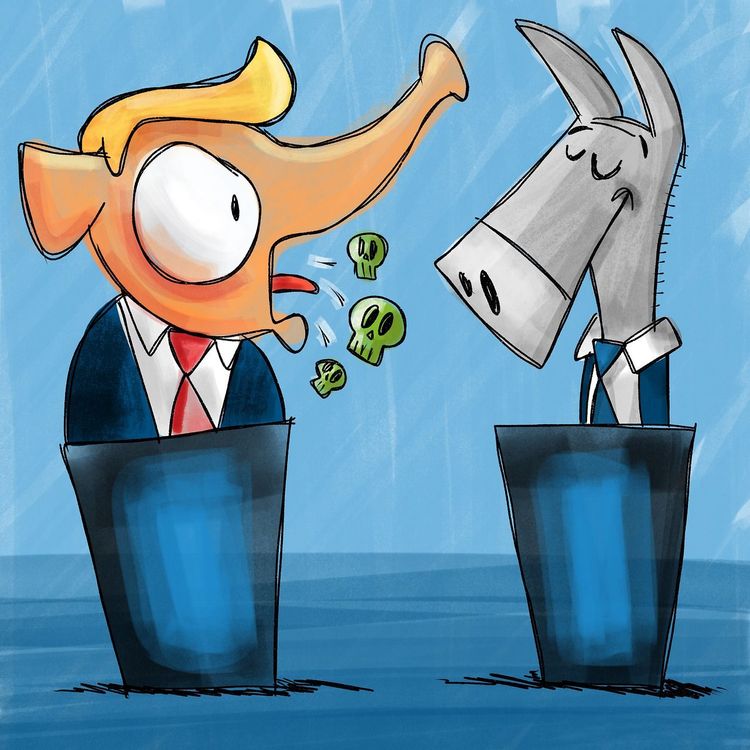On Thursday, the United Nations General Assembly made a historic move by adopting a resolution aimed at establishing guidelines for trustworthy artificial intelligence (AI). This marks a significant milestone as it is the U.N.'s first formal action to regulate AI technologies, reflecting growing global concerns about their impact on society. The resolution, which passed without a vote, urges member states to prioritize the development of “safe, secure, and trustworthy” AI systems while refraining from employing technologies that could endanger human rights.
The document emphasizes that the same rights individuals enjoy offline must also be safeguarded in the digital space, reiterating this commitment throughout the entire life cycle of AI systems. Spearheaded by the United States and endorsed by over 120 nations, including South Korea, the United Kingdom, and Germany, the resolution also garnered support from China and Russia.
Central to the U.S.-led initiative is the goal of ensuring “equitable access” to AI technologies, which is seen as vital for facilitating, rather than obstructing, digital transformation. Additionally, the resolution calls on member states to enhance funding for AI research aligned with the United Nations' Sustainable Development Goals (SDGs), which focus on practical strategies for achieving sustainability worldwide.
In a statement, U.S. Ambassador and Permanent Representative to the U.N. Linda Thomas-Greenfield stressed the importance of governing technology rather than allowing it to govern humanity. She emphasized, “Let us reaffirm that AI will be created and deployed through the lens of humanity and dignity, safety and security, human rights, and fundamental freedoms.”
The U.N.'s renewed focus on AI governance aligns with a broader trend among world leaders to establish regulatory frameworks. Recently, the European Union passed its AI Act, which sets stringent rules on AI systems that pose risks to citizens' rights. This legislative achievement is more rigorous than other global efforts; the U.K. adopts a model where individual regulators oversee practices, while in the United States, the responsibility is largely placed on companies to ensure the safety of their systems, with federal agencies having a role in vetting AI models prior to their deployment.
Furthermore, recent discussions have highlighted the need for collaboration between the private sector, civil society, and governments in developing comprehensive governance strategies for safe AI use. U.N. Secretary-General António Guterres has previously proposed the establishment of a global AI oversight body, similar to the monitoring frameworks used for nuclear weapons, reflecting the urgent need for effective governance in an increasingly AI-driven world.







